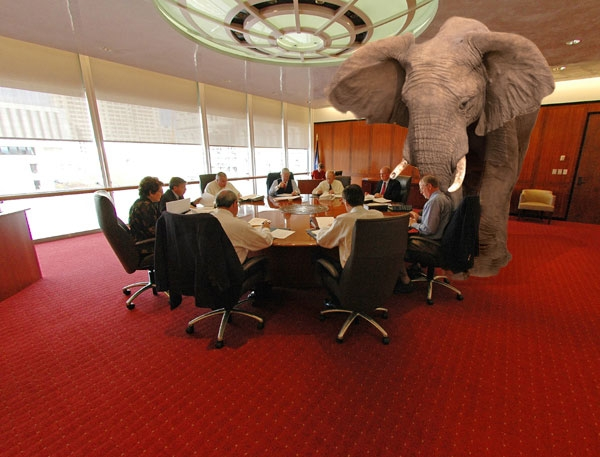ORGANIZATIONS NEED MORE THAN AN EAP: 10 EMPLOYEE SKILLS ORGANIZATIONS CAN TEACH THEIR EMPLOYEES AND IMPROVE THEIR WELL-BEING
I am honored to be a pioneer and initiator of many "firsts" in the Employee Assistance Program (EAP) arena across many employers. I made it "easy access" for employees and their family members to seek help and counseling for their emotional and mental health problems. Not all employees affected adversely use the EAP when they could have used professional counseling but many did and still do.
Today, EAP is still useful. Emotional and mental health problems are unplanned events. They occur and immediate help and counseling needs to be available for those people.
In your corporate focus, although there are differing opinions, I advocate for a separation between physical health illnesses and mental health illnesses even though they should be both accepted as everyday occurrences when they do occur. You need to communicate to all of your employees that emotional and mental health is recognized as important in your organization. Emotional and mental health embedded with physical health gets lost. In these days, emotional and mental health needs to be more widely and completely accepted in the workplace than it is, and thus needs extra attention.
One of the issues around emotional and mental health I have come to clearly articulate is that there needs to be a emphasis on the days and months before an EAP is ever needed - on the WELL-BEING OF EMPLOYEES. To start their journey toward achieving well-being, employees, at minimum, need to be provided with life skill training in 10 areas that will help employees deal successfully with small problems BEFORE they become big problems:
10 EMPLOYEE SKILLS ORGANIZATIONS CAN EQUIP THEIR EMPLOYEES:
- Resiliency Skills
- Handling Stress Skills
- Mindfulness Skills
- Assertive Skills
- Understanding Emotional Intelligence
- Self-Monitoring Skills
- Receptive to Seeking Professional Help
- Avoid Circularity of Thought
- Do Things Differently – So Results Different (if it doesn’t work the first time + understanding that twice is a pattern)
- Anticipation Skills (being able to see what is on the horizon)
Helping employees develop skills in these 10 areas will most certainly make them feel more efficacious in dealing effectively with their co-workers, their relationships, their family, their neighbors, and others they encounter in their life, including themselves. These skills will also help them in the many encounters and events they will face to their life. In other words, significantly improve their well-being.
Suggestion: Take each skill area and as best and as honestly as you can, chart/graph each employee, each department, and the entire organization on each of these particular skills; get another co-worker to do the same. Compare your results, and begin a results-oriented discussion.
Develop an app that can get this data for you directly from each of your employees, on an on-going basis.. As you provide the skill training check to see if it is making a difference. Document the results as you progress.
See the quadrant groupings below. How well do you know your employees. Where do you think (in percentages) your employees are today? In what category do you want them to be? How do you get there?
OPTIMAL WELL-BEING
MINIMUM MENTAL ILLNESS
MAXIMUM MENTAL ILLNESS
MINIMUM WELL-BEING
From an EAP and reactive program, you move your organization to to a proactive program of WELL-BEING. You empower your employees to take charge and manage their emotional and mental health.
Written by Dr. Warren Shepell, pioneer in EAPs and an active proponent of EMPLOYEE WELL-BEING.



Comments
Post a Comment